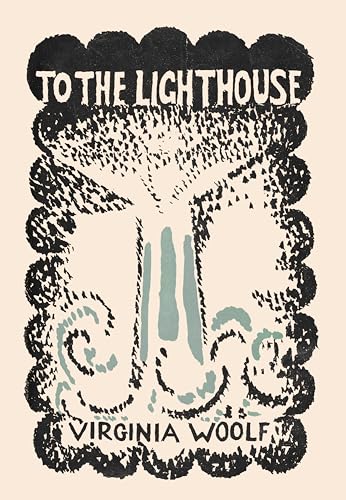Introduced by Quentin Bell In her third novel, Virginia Woolf discovers her own unique voice as a novelist and the impressionistic style of her great later works. This definitive edition contains the original Hogarth Press text as overseen by the author and a list of the textual variants that appeared during her lifetime. Jacob's Room tells the moving story of Jacob Flanders, a young man killed in the First World War, and marks a turning point in the history of the English novel. It is also a remarkable work in its own right.
Virginia Woolf
Virginia Woolf was a prominent English writer and modernist literary figure. Known for her stream-of-consciousness writing style, she challenged traditional narrative structures and explored themes of gender, class, and mental health in her works. Some of her most notable works include "Mrs. Dalloway," "To the Lighthouse," and "Orlando." Woolf's contributions to literature include her innovative approach to character development and narrative technique, as well as her exploration of the inner lives of her characters. Her most famous work, "Mrs. Dalloway," is considered a masterpiece of modernist literature and a reflection of Woolf's unique literary voice. Woolf's impact on the literary genre is undeniable, as she paved the way for future generations of writers to experiment with form and style in their own works.








